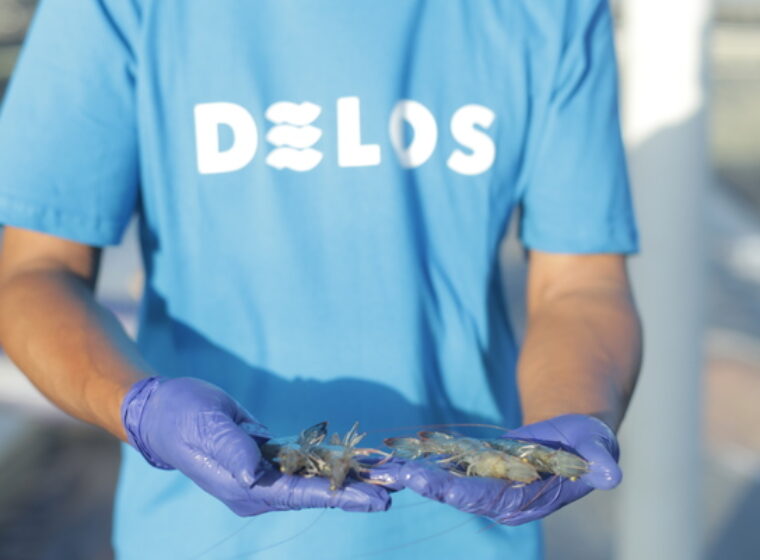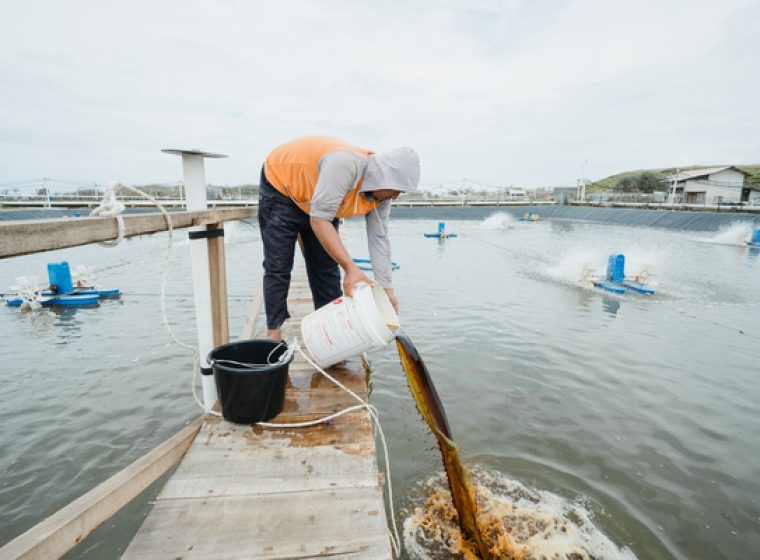The utilization of Bacillus probiotics has emerged as a popular and promising strategy for addressing multiple challenges in shrimp farming. Bacillus, a naturally occurring genus of bacteria in aquatic environments, offers various benefits to shrimp health and pond ecosystems. Administered in the right quantities, Bacillus probiotics bolster shrimp immunity against diseases and help maintain microbial balance within ponds.
Also Read: This Is the Best Water Color for Vannamei Shrimp Pond
Moreover, Bacillus probiotics play a crucial role in mitigating the adverse effects of aquaculture effluent on water quality. Aquaculture effluent, characterized by elevated levels of organic carbon, suspended solids, nitrogenous species, and other pollutants, poses significant threats to aquatic ecosystems and groundwater. Bacillus species have demonstrated remarkable abilities in modulating various water quality parameters, including physical and chemical properties, heavy metals, oil spillage, and microbial balance.
By competing with pathogenic bacteria for resources and space, Bacillus helps control their population and inhibits their growth, thus reducing the prevalence of diseases in shrimp. Additionally, Bacillus produces antimicrobial compounds effective against pathogens, contributing to the natural maintenance of shrimp health.
Also Read: Vannamei Shrimp Feed Management Tips for Your Anti-Loss Cultivation!
Furthermore, the implementation of Bacillus probiotics in shrimp farming promotes sustainability by reducing reliance on antibiotics and other chemicals. This not only supports environmentally friendly farming practices but also enhances overall pond productivity. To optimize the effectiveness of Bacillus probiotics, factors such as application methods, environmental conditions, and strain specificity need to be carefully considered.
Overall, the use of Bacillus probiotics stands as a promising innovation in the shrimp farming industry, offering multifaceted benefits for both shrimp health and environmental sustainability.
———
Article written by Josefanny Tham – Senior Researcher at DELOS




